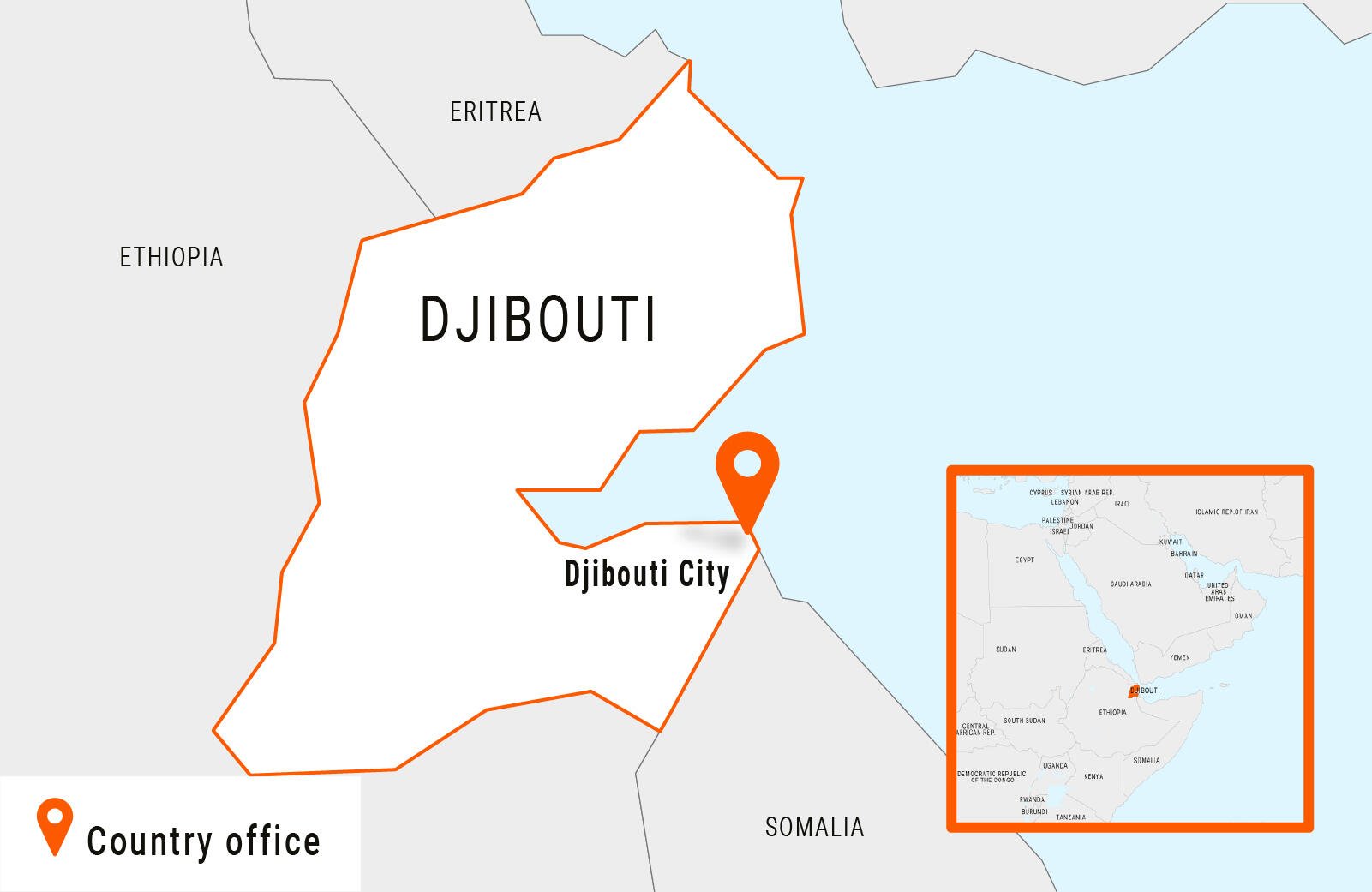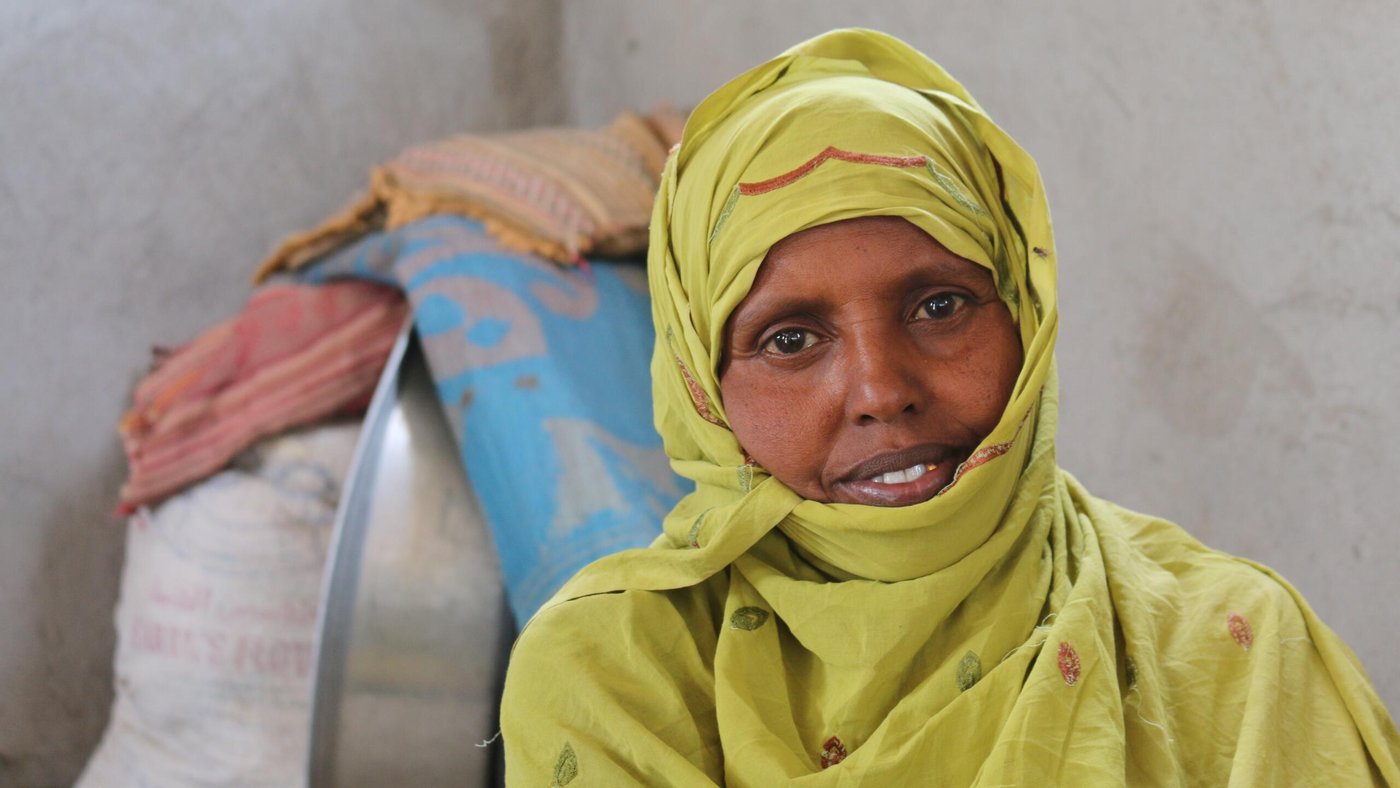The Norwegian Refugee Council (NRC) in Djibouti is focusing on crisis support, as well as disaster and climate-related displacement issues. We’re also working hard to strengthen relationships between refugees and host communities in the south-east of the country by making sure both groups have the resources and opportunities they need to thrive.
What’s happening in Djibouti?
In recent years, Djibouti has become a leading destination for thousands of families escaping violence, disasters or the effects of climate change elsewhere in the Horn of Africa. It’s also the main route for migration towards Yemen and beyond.
Yet Djibouti has many problems of its own, including recurrent droughts, flooding, locust swarms and epidemics of malaria and chikungunya. The Covid-19 pandemic put enormous strain on the country’s health system and worsened the situation of many families living in poverty.
Now, it’s struggling to cope with the issues caused by protracted displacement. Its refugee camps are under intense pressure and an increasing number of people have little access to basic services and water.

Region: East Africa
Population: 1.2 million
Total displaced: 4,028
Refugees hosted: 32,636
The Norwegian Refugee Council (NRC) in Djibouti is focusing on crisis support, as well as disaster and climate-related displacement issues. We’re also working hard to strengthen relationships between refugees and host communities in the south-east of the country by making sure both groups have the resources and opportunities they need to thrive.
What’s happening in Djibouti?
In recent years, Djibouti has become a leading destination for thousands of families escaping violence, disasters or the effects of climate change elsewhere in the Horn of Africa. It’s also the main route for migration towards Yemen and beyond.
Yet Djibouti has many problems of its own, including recurrent droughts, flooding, locust swarms and epidemics of malaria and chikungunya. The Covid-19 pandemic put enormous strain on the country’s health system and worsened the situation of many families living in poverty.
Now, it’s struggling to cope with the issues caused by protracted displacement. Its refugee camps are under intense pressure and an increasing number of people have little access to basic services and water.
Our response
We’re working with our partners in the following areas:
- Shelter and settlements – constructing a community centre, and rehabilitating and extending a vocational skills training hub to improve the local socio-economic infrastructure.
- Water, sanitation and hygiene – rehabilitating and repairing the existing water supply and distribution network.
- Information, counselling and legal assistance – providing people with vital information regarding employment law and the national legal framework.
Our operations
NRC office established: 2013
Areas of operation: Djibouti City (country office), Ali Sabieh, Obock
Country Director: Mohamed Abdi
Contact: so.main@nrc.no



